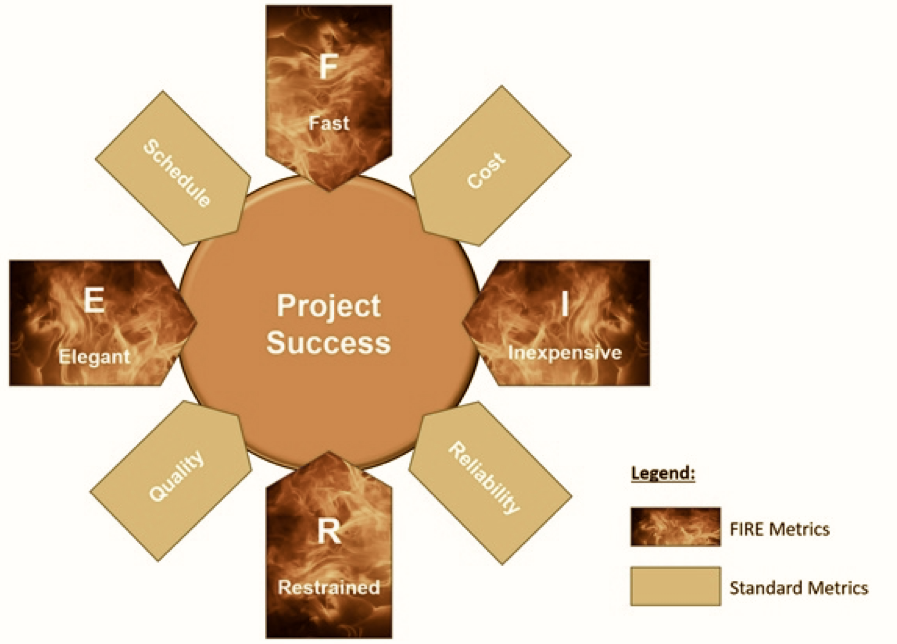
Importance of Engineering Manager
In order to understand the importance of an engineering manager on a project, it is necessary to firstly elaborate on what constitutes a successful project. In the literature, a successful project is typically described as a project that meets cost, schedule and production objectives within a specific margin of, say, +-5%. While meeting these objectives would imply that a project has been successfully implemented, it does not guarantee that the resulting venture would be an economic success. Developing a project that achieves sustainable business success is what a project is about, not just executing an agreed scope.
While these metrics (cost, schedule and production objectives) are surely a good measure against which to compare the project implementation outcome, there may be other results that contribute towards a successful project, specifically as far as the business owner is concerned.
During project framing discussions, we often use the project management triangle of cost, schedule and quality to agree the primary drivers of a project. Want it fast and cheap? No problem, but the final product won’t be very good. Want it good and fast? All right, but it won’t be cheap. During these discussions, the problem has always been that the business owner wants the project as fast as possible, as cheap as possible and with the best quality, while the project manager tries to clarify in his mind whether cost, schedule or quality was the primary driver.
Many people argue that this “pick any two” idea is not true. “Upon closer examination, we discover that what little data there is to support this position is largely of the nature of a self-fulfilling prophecy. We sacrifice one leg of the triangle because we believe we must, then look on our results as proof that the outcome was unavoidable. It does not have to be this way. There’s no need to pick only two.”
A successful project should be: Fast, Inexpensive, Restrained and Elegant, abbreviated to FIRE. These terms are further explained below.
- Fast: Fast focuses on the schedule and expresses that it’s important and beneficial to have a short project schedule. The precise definition of what is a short timeline will naturally vary from project to project, but Fast is about defining project objectives that can be satisfied on a short timeline, not one we know will require forever to accomplish. Fast is about disciplined project execution and not about rushing ahead;
- Inexpensive: Being Inexpensive means designing processes, plants and organisations with cost in mind. It involves “solving problems with intellectual capital instead of financial capital” (Ward, 2014). It is not about doing a project cheaply, but rather about getting real value for money;
- Restrained: Restrained implies a preference for self-control in considering the absolute minimum technical solution for a project. It implies tight budgets, small bur efficient project teams, short meetings, and short documents. No non-essential luxury items or infrastructure will be tolerated;
- Elegant: An Elegant design should be “pleasingly ingenious and simple” (Ward, 2014). Start by stating project goals clearly and then incorporate mature, proven technologies into the design. Truly elegant solutions to project challenges are often surprisingly simple. We may not be able to avoid complexity entirely, but we can take steps to minimise it.
Returning to the metrics of project success, we see that there are more than just schedule, cost and production objectives (i.e. product quality and plant throughput). This is reflected in Figure 1, where we indicate the use of the ‘standard’ metrics, as well as the FIRE metrics for determining project success. There is obviously some overlap between measures like Cost (a ‘standard’ metric) and Inexpensive (a FIRE metric).
If one then considers the above ideas on what constitutes a good project, one can start to visualise the importance of the role that the engineering manager plays in pulling together the engineering effort to deliver a successful project.

0 comments